There is a thing that nobody tells you when you start teaching: cognitive processing isn’t one-size-fits-all. Your brain, and your students’ brains, are wonderfully complex machines that sort, store, and retrieve information in surprisingly predictable ways. And online assessments? They’re becoming our best tool for understanding exactly how that machinery works.
- What Is Cognitive Learning, Anyway?
- Why Cognitive Assessments Actually Matter for Learning?
- The Online Advantage: Why Digital Delivery Changes Everything
- Creating Effective Cognitive Assessments with OnlineExamMaker
- Making It Work: Practical Tips for Success
What Is Cognitive Learning, Anyway?
Let’s start simple. Cognitive learning theory focuses on what happens inside the brain when we learn something new. It’s not just about memorizing facts (though memory and recall matter). It’s about understanding, problem solving, and developing those coveted higher-order thinking skills that turn students into real thinkers.
Think of your brain as a busy filing system. When new information arrives—say, learning about exponents for the first time—your working memory tries to process it. But here’s the catch: working memory has limited space. Educational psychologist Dr. John Sweller demonstrated this beautifully through cognitive load theory. Too much information at once? The brain gets overwhelmed. The learning falls apart.
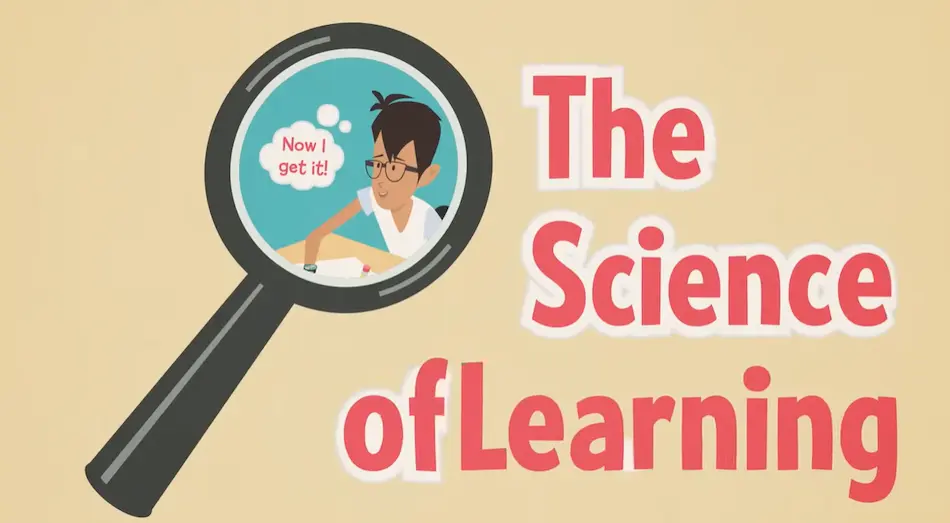
That’s where cognitive assessments come in. They help us diagnose each student’s cognitive profile – their strengths, gaps, and growth areas. Are they struggling with recall? Do they understand concepts but can’t apply them? Can they analyze information but not synthesize it into something new?
Online vs. Traditional Assessments: The Real Difference
Traditional paper-based assessments have served us well. But let’s be honest—they’re slow, they’re limited, and by the time you’ve graded them, the moment for intervention has often passed.
Online assessments change the game through three key advantages: accessibility (students can take them anywhere), immediacy (instant results mean instant action), and scalability (you can assess hundreds of students as easily as ten). More on this later. For now, just know: the format matters almost as much as the content.
Why Cognitive Assessments Actually Matter for Learning?
Here’s where things get interesting. Not all assessments are created equal. A good cognitive assessment doesn’t just measure whether students got the right answer—it reveals how they think.
Alignment with Bloom’s Taxonomy
Remember Bloom’s taxonomy? That pyramid you learned in teacher training? It maps beautifully onto cognitive learning objectives:
| Cognitive Level | What It Measures | Assessment Example |
|---|---|---|
| Remember | Basic recall of facts | “Define ‘exponent'” |
| Understand | Explaining concepts | “Explain why 2³ equals 8” |
| Apply | Using knowledge in new situations | “Calculate compound interest using exponents” |
| Analyze | Breaking down complex information | “Compare exponential vs. linear growth” |
| Evaluate | Making judgments | “Critique this approach to solving exponential equations” |
| Create | Producing something original | “Design a real-world problem using exponential functions” |
Effective cognitive assessments target different levels of this taxonomy. They don’t just ask students to remember—they push them to understand, apply, analyze, evaluate, and create. That’s how you develop genuine cognitive skills in education.
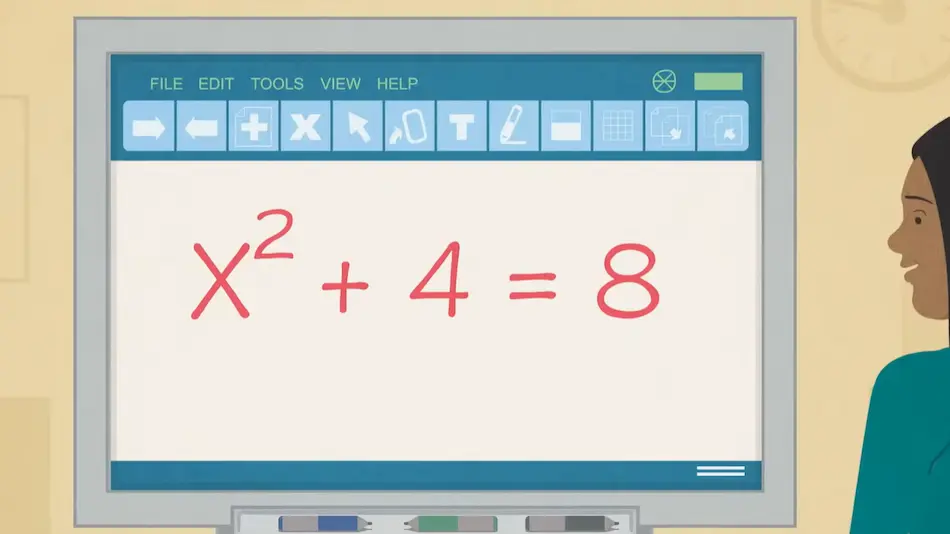
Data-Driven Instruction: From Guesswork to Precision
I’ll let you in on a secret: teaching used to be mostly guesswork. We’d present a lesson, give a test, and hope for the best. If students failed? We’d re-teach the same content the same way and pray for different results.
Cognitive assessments flip that script. They provide data-driven instruction by revealing exactly where students need help. The results tell you:
- Which cognitive development stages students have mastered
- Where to adjust pacing (slow down for struggling concepts, speed up where students excel)
- Which active learning strategies to deploy next
- When to intervene—and with whom
Personalization and Cognitive Growth Over Time
Here’s what gets me excited: tracking individual cognitive growth. When you assess students regularly using the same cognitive framework, you create a growth map. You see patterns. You spot breakthroughs before the student even realizes they’ve had one.
Think about that Friday afternoon math class again. With online assessments, you could have known before the lesson that half your students were still fuzzy on multiplication—the foundational schema they needed to understand exponents. You could have built that bridge before introducing the new concept, reducing cognitive load and setting everyone up for success.
That’s not just teaching. That’s teaching smart.
Why OnlineExamMaker for Cognitive Learning?
Enter OnlineExamMaker, a comprehensive platform designed specifically for educators who want to build robust cognitive assessments without needing a computer science degree.
OnlineExamMaker stands out because it’s built around learning science principles, including cognitive load theory. The platform helps you:
- Design questions that target specific cognitive levels (from basic recall to synthesis)
- Create adaptive assessments that adjust difficulty based on student responses
- Generate instant, detailed feedback that promotes learning
- Track cognitive growth over time with built-in analytics
- Integrate multimedia elements without overwhelming working memory
Create Your Next Quiz/Exam with OnlineExamMaker
The Online Advantage: Why Digital Delivery Changes Everything
Let’s talk about why delivering cognitive assessments online isn’t just convenient – it’s transformative.
Accessibility and Flexibility
Learning doesn’t happen only between 8 AM and 3 PM anymore. Online assessments meet students where they are—literally. Evening learners? Check. Students in rural areas without access to testing centers? Check. Adult learners juggling work and study? Check.
This accessibility reduces barriers to participation and gives you a more complete picture of cognitive development across diverse learners.
Immediate Feedback and Actionable Insights
Remember waiting a week to get test results back? Those days are gone. Immediate feedback means students can adjust their study strategies right away. They don’t cement misconceptions by practicing the wrong approach for days.
For teachers, rapid results mean you can tweak tomorrow’s lesson based on today’s assessment. That’s responsive teaching at its finest.
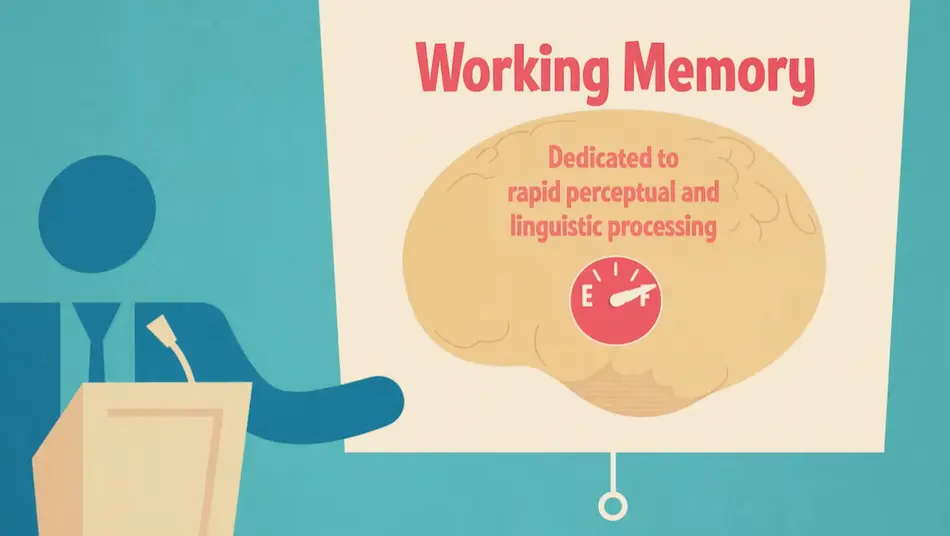
Large-Scale Benchmarking and Program Design
Here’s where institutional leaders perk up. Aggregate data from online cognitive assessments lets you:
- Identify trends across classes, grades, or entire schools
- Compare cohorts to evaluate program effectiveness
- Inform curriculum design based on actual cognitive outcomes
- Provide evidence for accreditation and continuous improvement
It’s program evaluation that actually means something.
Cost-Effectiveness and Efficiency
Let’s talk dollars and sense. Online assessments slash overhead costs—no printing, no physical distribution, no manual scoring. Automated scoring and progress dashboards free up teachers to do what they do best: teach.
Plus, the data lives in one place, organized and searchable. No more filing cabinets full of paper tests you’ll never look at again.
Core Cognitive Domains Typically Assessed
So what exactly are we measuring? Effective cognitive assessments typically evaluate:
- Memory and Recall: Can students retrieve information when needed?
- Comprehension and Understanding: Do they grasp concepts beyond surface-level memorization?
- Application and Transfer: Can they use knowledge in new contexts?
- Analysis and Critical Thinking: Do they break down complex problems effectively?
- Synthesis and Integration: Can they combine ideas to create something new?
- Evaluation and Judgment: Do they make reasoned decisions based on criteria?
Each domain maps to specific cognitive learning objectives and informs targeted instruction.
How Online Assessments Support Different Learners?
The beauty of well-designed cognitive assessments? Everyone benefits.
For Students: Clarity and Progress
Students get diagnostic clarity—they finally understand why they’re struggling and what to work on. Targeted remediation replaces generic “study harder” advice. Progress monitoring shows them their growth, building confidence and motivation.
For Teachers and Schools: Strategic Decisions
Teachers gain tools for curriculum alignment, measuring intervention effectiveness, and smart resource allocation. You stop spending time on content students have already mastered and focus energy where it’s needed most.
For Institutions: Evidence and Improvement
Administrators get program evaluation data, accreditation evidence, and insights into where investments should go. It’s accountability that actually improves teaching and learning.

Creating Effective Cognitive Assessments with OnlineExamMaker
Now for the practical part. How do you actually create these powerful cognitive assessments?
Create Your Next Quiz/Exam with OnlineExamMaker
Step-by-Step: Building Your Cognitive Assessment
Here’s how to create an exam focused on cognitive learning using OnlineExamMaker:
Step 1: Set Up Your Exam Framework
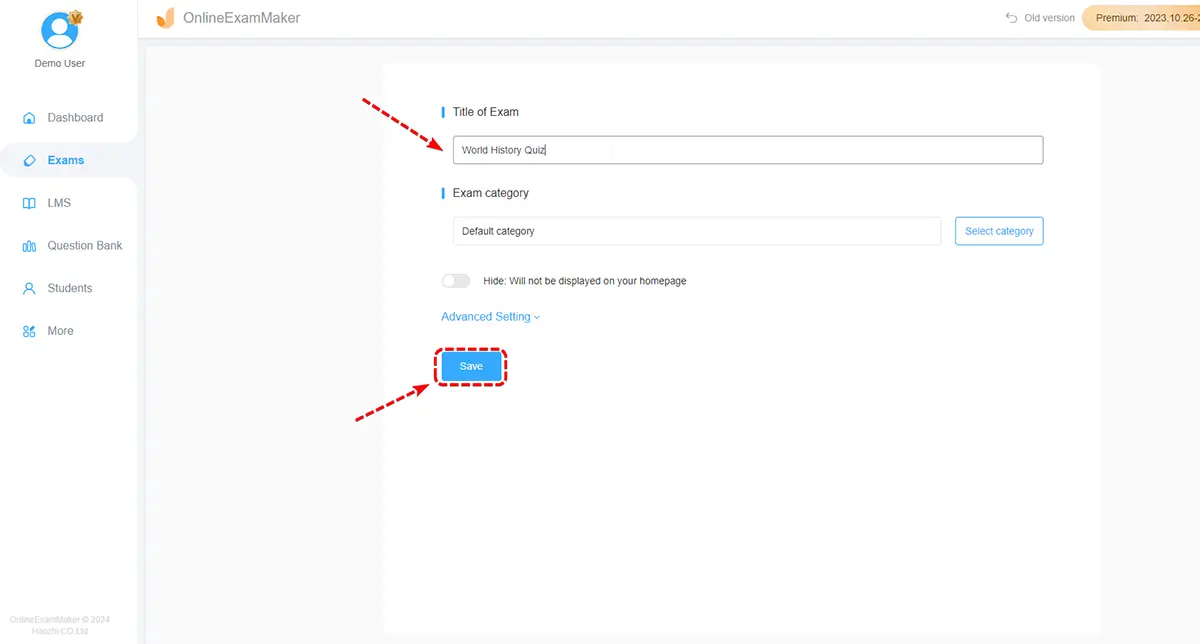
Log into OnlineExamMaker and create a new exam. The platform walks you through essential settings:
- Time limits (consider cognitive load—don’t rush complex thinking)
- Question randomization (reduces cheating while maintaining cognitive focus)
- Passing criteria aligned with learning objectives
- Feedback timing (immediate for formative, delayed for summative)
Step 2: Craft Questions for Different Cognitive Levels
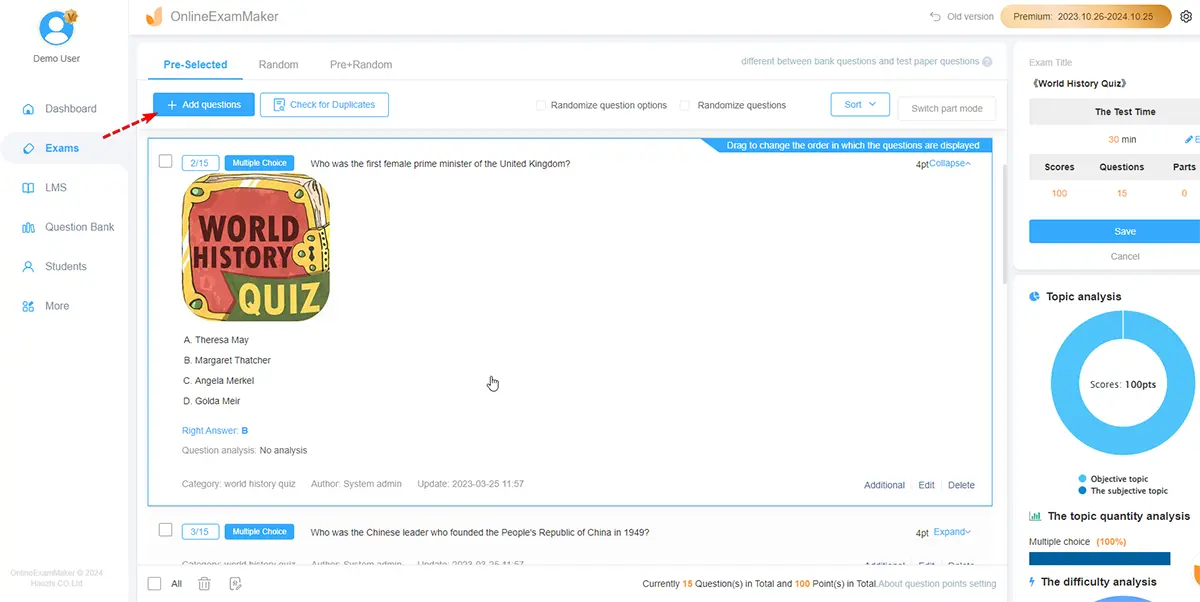
This is where OnlineExamMaker shines. The question bank lets you create diverse question types:
- Multiple choice for recall and understanding
- Short answer for application and explanation
- Problem-solving scenarios for analysis
- Essay prompts for synthesis and evaluation
Pro tip: Use the platform’s tagging system to label questions by cognitive level. This makes analysis easier later.
Step 3: Build in Scaffolding and Support
Remember cognitive load theory? You can reduce unnecessary load by:
- Adding worked examples for complex problems
- Providing hints that activate relevant schemas
- Using clear, simple language (no unnecessary jargon)
- Breaking complex questions into smaller steps
OnlineExamMaker lets you embed these supports directly into questions.
Step 4: Enable Adaptive Features
Turn on adaptive testing if appropriate. The system can automatically adjust question difficulty based on student responses, providing just-right challenge for each learner. This personalization is gold for cognitive development.
Step 5: Design Meaningful Feedback
Here’s where learning happens. OnlineExamMaker allows you to create detailed feedback for each answer option. Don’t just say “incorrect”—explain why and point students toward the right cognitive pathway.
For example: “Not quite. Remember that exponents represent repeated multiplication. Try thinking about how 2³ means 2 × 2 × 2.”
Step 6: Set Up Analytics and Reporting
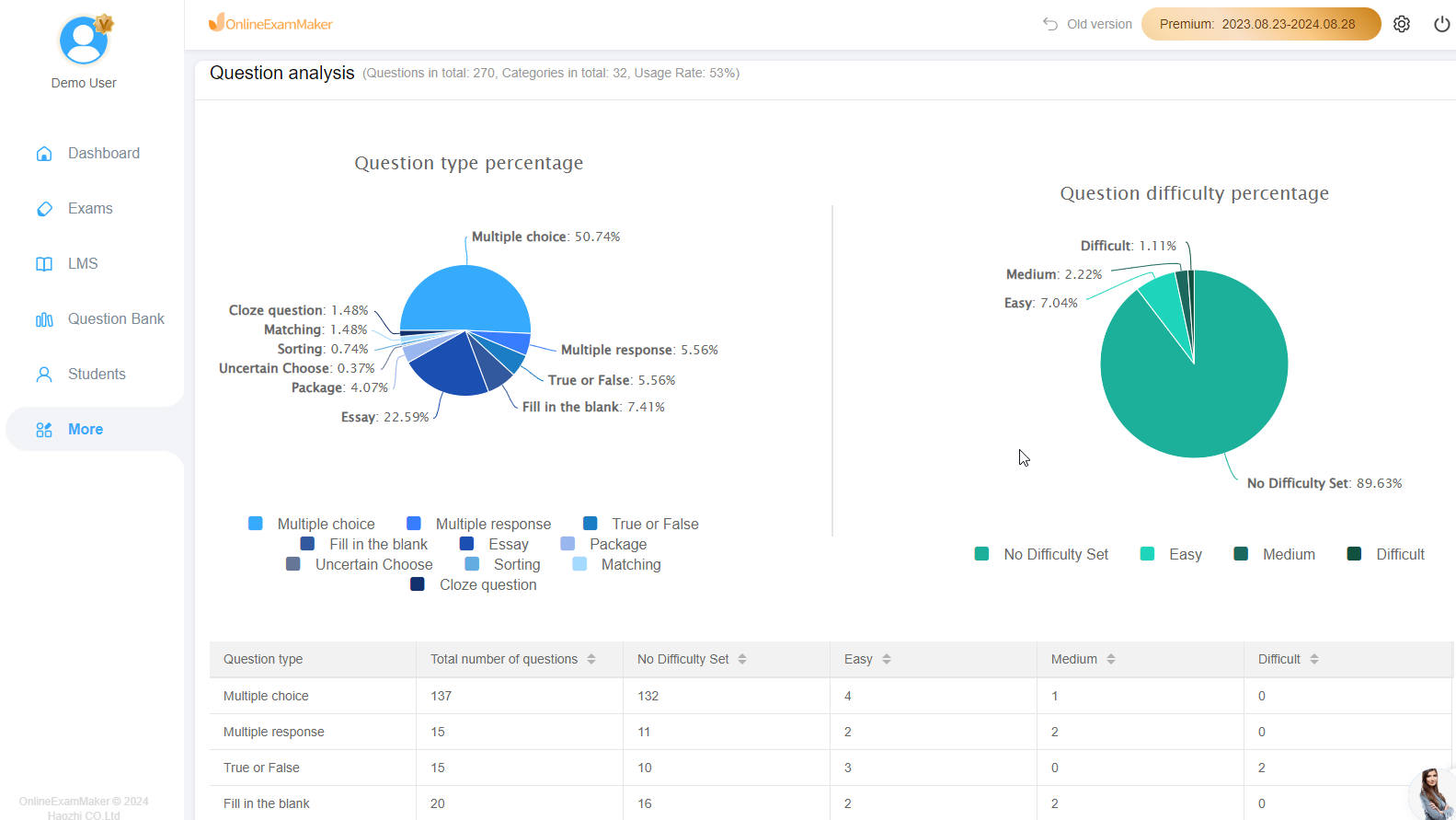
Configure the analytics dashboard to track the cognitive metrics that matter:
- Performance by cognitive level
- Time spent per question type
- Common misconceptions
- Growth patterns over repeated assessments
The platform generates reports automatically, saving you hours of manual analysis.
Step 7: Pilot and Refine
Test your assessment with a small group first. OnlineExamMaker’s data will show you which questions work and which don’t. Are students spending way too long on a recall question? It might be poorly worded. Is everyone acing the analysis question? Maybe it’s not challenging enough.
Iterate based on evidence, not hunches.
Advanced Features for Cognitive Assessment
Once you’re comfortable with the basics, explore OnlineExamMaker’s advanced capabilities:
- Question pools: Create banks of questions at each cognitive level and let the system randomly select, ensuring varied but equivalent assessments
- Mastery pathways: Set up sequential assessments where students must demonstrate mastery at one level before advancing
- Collaborative assessments: Design group problem-solving tasks that evaluate collective cognitive skills
- Multimedia integration: Add videos, images, or audio to assess cognitive processing across modalities
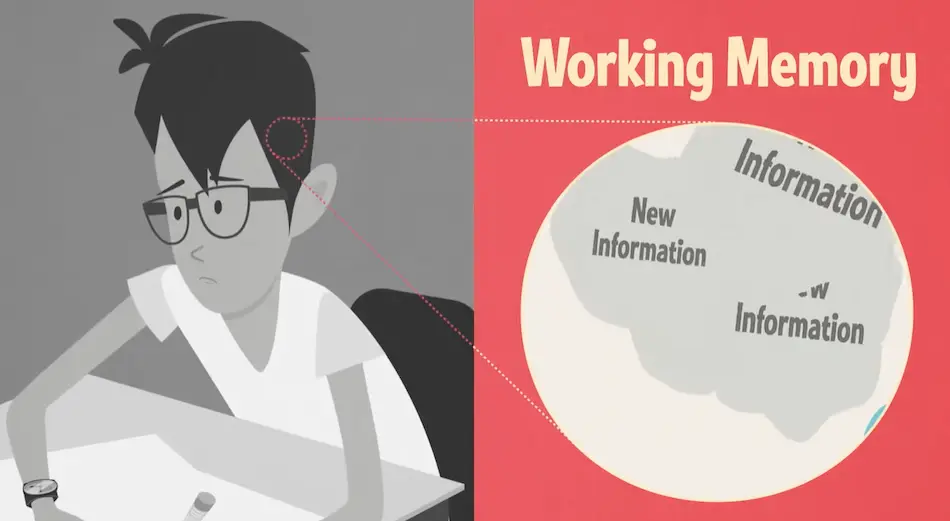
Making It Work: Practical Tips for Success
Creating the assessment is one thing. Making it effective is another. Here’s what works:
Start small. Don’t try to revolutionize your entire assessment strategy overnight. Begin with one unit, one class. Learn the system. Refine your approach.
Communicate with students. Explain what cognitive skills you’re assessing and why they matter. When students understand the purpose, they engage more authentically.
Use formative assessments frequently. Don’t wait for the big end-of-unit test. Quick, low-stakes cognitive check-ins help you adjust instruction in real time.
Collaborate with colleagues. Share question banks, discuss cognitive load issues, and refine assessments together. Two brains are better than one—especially when thinking about thinking.
Balance cognitive levels. Don’t overload on recall questions just because they’re easier to grade. Challenge students across the full spectrum of cognitive skills.
Treat Cognitive Assessment as Teaching Strategy
Here’s what I want you to take away: Online cognitive assessments aren’t just about measurement. They’re about understanding. They help us see inside that wonderfully complex machinery called the human brain and figure out how to make it work smarter, not harder.
When we assess cognitive processing thoughtfully—when we map questions to Bloom’s taxonomy, apply cognitive load theory, and use data to drive decisions—we transform assessment from a judgment tool into a learning tool.
That Friday afternoon math class? With the right cognitive assessment data, you’d know exactly where each student stands. You’d build those critical connections to existing schemas. You’d provide just-right scaffolding. You’d reduce frustration and create those powerful “aha!” moments that students remember forever.
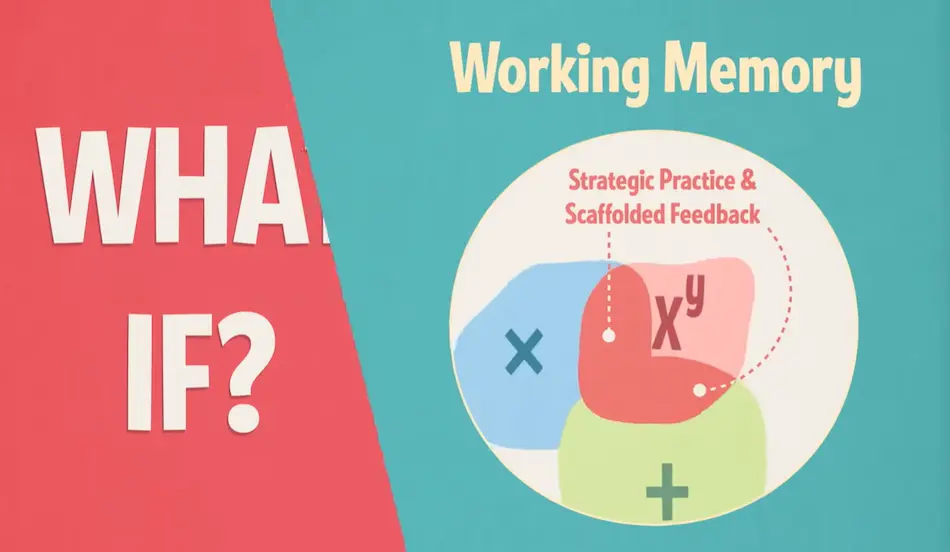
That’s not just good teaching. That’s teaching informed by learning science, empowered by technology, and focused relentlessly on what matters most: helping every student unlock their full cognitive potential.
So whether you’re a teacher refining your practice, an HR manager developing training programs, or an institutional leader seeking evidence of impact, online cognitive assessments offer a path forward. They make the invisible visible. They turn confusion into clarity. And they give us the insights we need to meet every learner exactly where they are—and help them get to where they need to go.